detail profile arnaud dommerc
Peran Yang Di Mainkan Arnaud Dommerc
 Architecture student Bruna wants to renovate...
Architecture student Bruna wants to renovate...Rumori della Kalsa 2025
Architecture student Bruna wants to renovate the convent located in the center of Piazza Magione in Palermo. This means dealing with the joys and contradictions of a square that is above all a community: there are the people who live in the buildings around it, there are young people who gather there, and there is also an association that takes care of the place and the events that are organized there. From a situation of apparent simplicity, Bruna, however, gets lost in the unsolvable enigma of bureaucracies and in the tension of an ambivalent risk: would a renovation be valorisation or denaturalization?
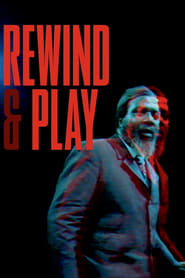 The lack of respect with which...
The lack of respect with which...Rewind & Play 2023
The lack of respect with which the Black musician Thelonious Monk was treated in Autumn, 1969. At the end of his European tour, legendary jazz musician Thelonious Monk appears on an interview show in Paris for French state television.
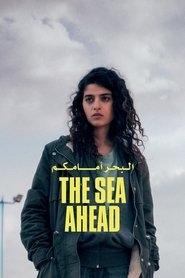 A young woman makes her way...
A young woman makes her way...The Sea Ahead 2022
A young woman makes her way back home to her parents’ house in the middle of the night leaving a bad experience behind. Haunting pressures to fit back into the family dynamics as well as revealing details of her life abroad weigh heavy on her. Feeling cornered, her anxieties resurface, leading her to find solace in another part of her Beirut life that she had forsaken. A life that is for her as familiar and foreign now as it ever was.
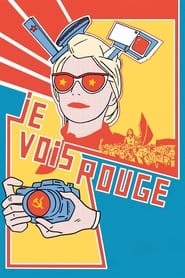 After twentyfive years spent in France...
After twentyfive years spent in France...I See Red People 2019
After twenty-five years spent in France, I return to Bulgaria, camera in hand, with a vertiginous suspicion: what if my family had collaborated with the political police of the communist regime? And what if they were part of the "red trash" that the demonstrators on the street want to see disappear? I decide to investigate and to film, constantly, ready for anything. My adventure transforms itself into a tragic comic odyssey; a film that combines espionage with family.
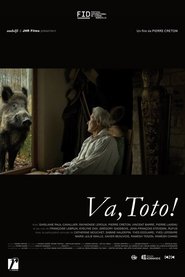 A film about belonging gay rural...
A film about belonging gay rural...Go, Toto! 2017
A film about belonging, gay rural life, physical labor & elderly bodies. The arrival of Toto the marcassin at Madeleine's house, Vincent's trip to India and his troubles with the monkeys, or Joseph's dreams provoked by the continuous pressure machine, are three stories that Pierre will share and that in one way or another summon up our relationship with the animal, with this other neighbor
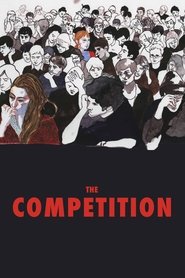 An allaccess tour behind the scenes...
An allaccess tour behind the scenes...The Competition 2017
An all-access tour behind the scenes at France’s premiere film school, La Fémis. Showing us how successful candidates get to follow in the footsteps of such luminaries as Louis Malle, François Ozon and Alain Resnais, all of whom attended this prestigious institution. Stumbling over their words, the often-nervous candidates seem vulnerable when confronted with the veterans of the industry, who have the difficult task of discovering true talent among all these eager young people.
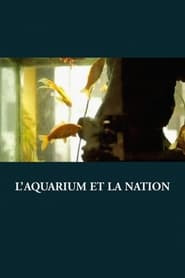 A film in three parts An...
A film in three parts An...L’Aquarium et la Nation 2015
A film in three parts: An aquarium, a man sitting at a table reading various text passages, and a sequence from Jean Renoir’s film LA MARSEILLAISE. This is all from a film by Jean-Marie Straub – about fate, the soul and the cosmos, about the evident nature in which man lives, just like in the aquarium surrounding him. And finally, there’s the nation as a symbol for the community of free people. A Straub film represents a gift that isn’t based on exchange, but rather the opposite of communication. And what could be more beautiful and liberating in life?
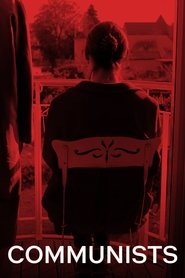 JeanMarie Straub pushes this musicality of...
JeanMarie Straub pushes this musicality of...Communists 2014
Jean-Marie Straub pushes this musicality of blocks to a paroxysmal extreme, mixing blocks of time (40 years separate the various extracts that are going to be used, and what is to be filmed), blocks of text (Malraux, Fortini, Vittorini, Hölderlin) and blocks of language (French, Italian, German), and from this ruckus emerges the history of the world, yes, History with a capital H, and from the same movement, the political hope of its being overtaken. So this is an adventure film, about the Human adventure, still one that is always, in the end, overtaken by Nature. (Arnaud Dommerc)
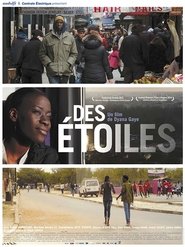 The debut feature from FrancoSenegalese filmmaker...
The debut feature from FrancoSenegalese filmmaker...Under the Starry Sky 2014
The debut feature from Franco-Senegalese filmmaker Dyana Gaye charts the interconnected destinies of three far-flung sojourners across three continents. A quiet drama, about the anxieties of negotiating journeying to foreign countries and making a place for oneself in the world.
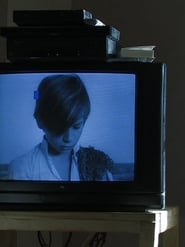 Through the portrait of Alain Emery...
Through the portrait of Alain Emery...Portrait of Alain Emery: The Child Who Did Not Know How to Smile 2008
Through the portrait of Alain Emery, who in 1953 embodied the child of the film 'White Mane', directed by Albert Lamorisse, this film is a tribute to the Camargue, its winter light, its peculiar rhythms to the men and women, guardians, bull-breeders and fishermen who give this land an incredible wild beauty. Returning to the scene of filming, this film goes in search of the poetic force that flows from end to end in Lamorisse's film.

 The journey of a young man...
The journey of a young man... Shortly after Muzamil was born the...
Shortly after Muzamil was born the...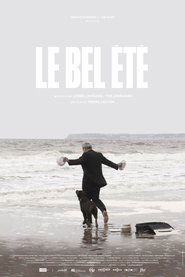 African immigrants start working on a...
African immigrants start working on a...